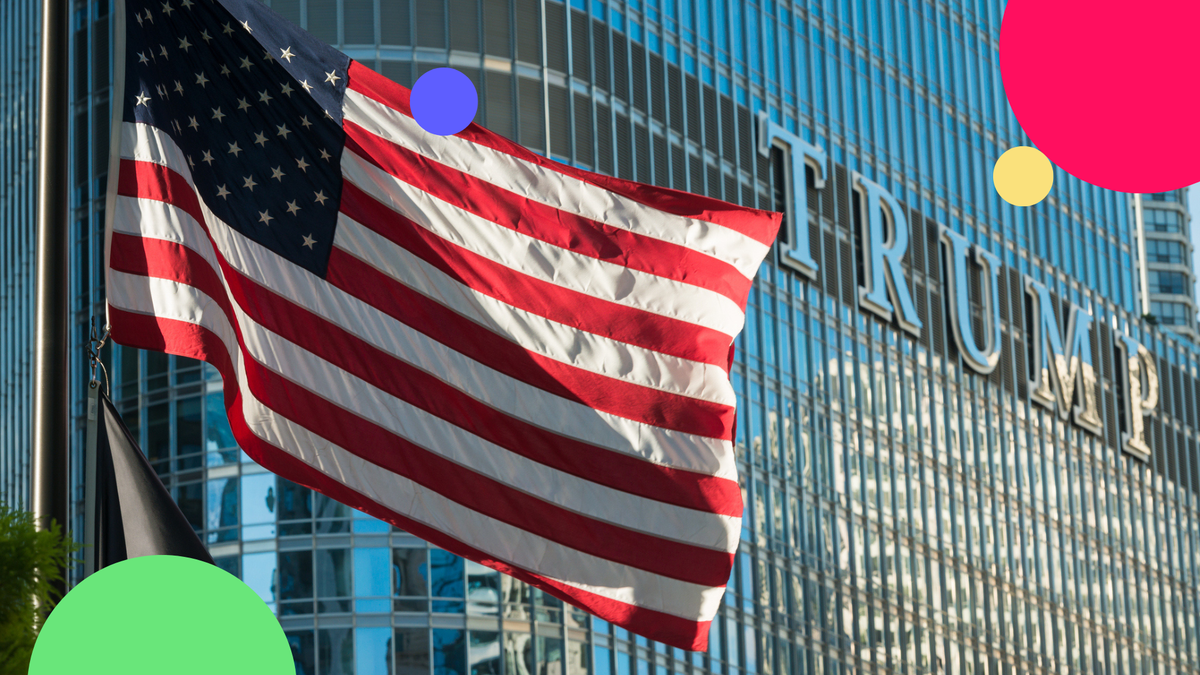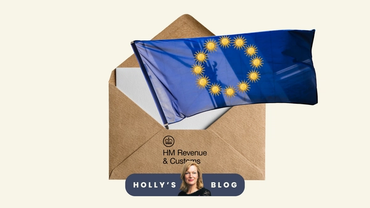Trump vs the Bond Market: Why US Debt Could Be the Next Global Crisis
By Boring Money
24 April, 2025
Politicians and financial markets usually operate a careful truce. Both sides will avoid interfering with the business of the other until it starts to impinge on their turf. Few politicians are going to care too much about short-term falls in the stock market, for example. But they have to care about the bond market - and Donald Trump is learning the limits of bond market tolerance for the actions of politicians.

The bond markets are important because they set the amount it costs governments to borrow. For a government that doesn’t need to borrow much – step up Norway, or Denmark[1] - the economic impact of a rise in the cost of that debt is limited. However, for a country like the US - with an annual deficit of $1.8bn per year[2] and a structural deficit of $36bn[3] - the level of repayments is important for the government’s long-term spending plans. If US debt repayments spike, it threatens the ability of the country to support itself.
The US has enjoyed a privileged position. The primacy of the Dollar in world trade and in global financial markets has allowed the US to borrow at lower rates than might be expected for a country with its level of debt. The UK, for example, pays more, but has lower annual and structural debt levels.
However, there are signs that investor faith in US government bonds is cracking. US treasuries have been considered the safest of safe havens, but over the last two weeks, the yield on US bonds (i.e. the amount investors demand to lend to the US) has risen at the same time as stock markets have slumped and the economic outlook has deteriorated. Stock markets and US treasuries would normally be expected to move in different directions, so this is a concern.
Shannon Saccocia, Chief Investment Officer, Private Wealth at Neuberger Berman, says the sell-off has knocked investors’ confidence for several reasons.
First, US Treasuries are supposed to be a haven, steadying portfolios when equities are volatile. Second, it was a major dislocation in a market that underpins all others and supplies liquidity to the world. And third, if long-term rates were to head above 5%, that would suppress consumer spending, business confidence and corporate investment - potentially outweighing the effect of tax-cut extensions and deregulation upon which a lot of medium-term optimism rests.
This weakness in the bond market is widely credited with prompting a reverse-ferret from Donald Trump on trade tariffs, postponing the imposition of reciprocal tariffs for another three months and announcing carve-outs for specific industries.
He is not the first politician to have his policy agenda curtailed by bond markets. Liz Truss learned their power the hard way. Her unfunded tax cuts and spending plans unsettled the gilt market and pushed UK borrowing costs to unsustainable levels. The UK’s reputation for fiscal prudence still bears the scars of her premiership. Politicians across the world have been hauled back into line by the limits of the bond market before.
For the time being, US bond yields appear to have stabilised, albeit at a marginally higher price than before. From here, they are in a precarious position. As Saccocia points out, the ongoing slide in the Dollar creates a problem for international buyers of US treasuries: They may start to demand a higher yield as compensation for their losses on the currency.
Alternatively, if economic and earnings data starts to deteriorate, it could send investors scurrying for ‘safe havens’. This would normally include US treasuries (alongside other areas such as gold).
Treasury yields could decline based on a lower growth outlook, but any doubt about their haven status could simply reignite the volatility.
China is another wildcard. China holds huge amounts of US debt – around $780bn at last count.[4] It may decide that an effective way to retaliate to Trump’s tariffs is to start to sell down its holdings. This would raise US yields. There would be a cost to this for the Chinese, but they may decide this is a price worth paying.
The signs emerging from the US are more positive. The President appears to have been ‘talked down’ from his attacks on Federal Reserve chair Jay Powell. Threats to the independence of the central bank could have been extremely destabilising for treasury markets and for the US Dollar. Investors need to have faith in US economic decision-making, and firing the Federal Reserve chair would do little to inspire confidence.
For the time being, US treasuries are enjoying a period of calm. Nevertheless, it is difficult to disagree with John Plassard, Senior Investment Specialist at Mirabaud Group:
Treasuries have been the ultimate safe-haven asset, but each new crisis tests this belief a little more. Today, in the face of the trade war and the unprecedented sell-off in US sovereign debt, it is confidence itself that is wavering. What if, for the first time, absolute security was no longer so absolute?
However, he also says it is important not to confuse temporary volatility with a structural collapse:
To this day, the United States remains the world's leading economy, with the world's reserve currency and the world's most solid financial depth. The Trump administration's sometimes impulsive or contradictory comments should not cause us to lose sight of the fundamentals. America has already weathered crashes, shutdowns and even credit rating setbacks - without losing its central role in the global financial architecture.
This is an area to watch, particularly if US 10-year treasury yields start to tick above 5%. There is a way to go, and Donald Trump – or those around him – appear to understand the importance of not irritating bond markets. However, he won’t get many more chances.
---






